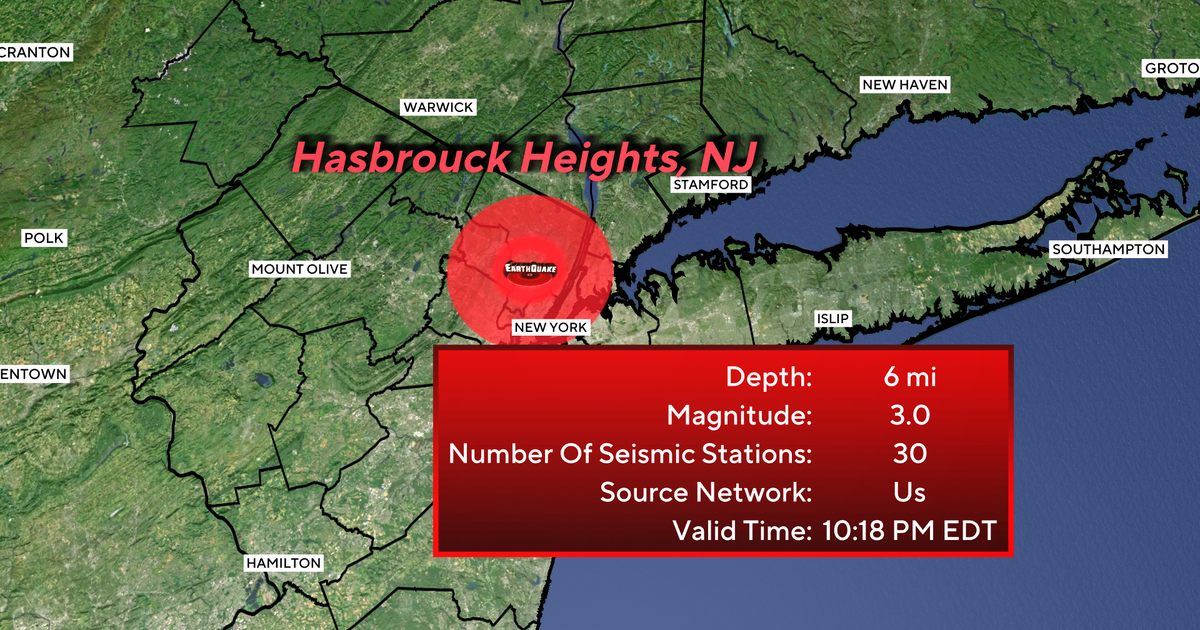Earthquake Strikes Jalalabad, Afghanistan

Introduction
On May 19, 2021, a devastating 6.0-magnitude earthquake struck the city of Jalalabad in eastern Afghanistan, leaving behind a trail of destruction and death. According to the Taliban-run government, more than 800 people lost their lives, and 2,800 others were injured. The powerful quake was also felt in neighboring Pakistan, adding to the already widespread devastation. The Washington Post reported that the Taliban issued a statement, saying that the death toll is expected to rise as rescue efforts continue.
Key Details
The earthquake hit at a depth of 10 kilometers, with its epicenter located between the city of Jalalabad and the Khyber Pass. This region lies on a major fault line, making it prone to earthquakes. The US Geological Survey reported that this was the strongest earthquake to hit Afghanistan in recent years. The intensity of the quake caused widespread panic and chaos, with people fleeing their homes and seeking shelter in open spaces.
Impact
The earthquake has caused significant damage to buildings and infrastructure, leaving thousands of people displaced and in need of urgent assistance. The Taliban government has declared a state of emergency and is working with relief agencies to provide aid to those affected. This natural disaster is a grim reminder of the vulnerability of the region and the need for preparedness and disaster management strategies. Our hearts go out to those
About the Organizations Mentioned
Taliban
## The Taliban: A Comprehensive Overview The Taliban is a militant Islamist group that has been a pivotal force in Afghanistan's political landscape for decades. Formed in the early 1990s, the group emerged from Afghan mujahideen fighters who resisted the Soviet occupation with the support of the CIA and Pakistan's ISI. The name "Taliban" translates to "students" in Pashto, reflecting its origins among young Pashtun tribesmen educated in Pakistani madrassas[1]. ### History and Achievements - **Early Successes**: The Taliban rose to power promising stability and rule of law after years of civil war. By 1996, they had seized Kabul, declaring Afghanistan an Islamic emirate under Mullah Mohammed Omar's leadership[1]. - **Regime and Governance**: The Taliban controlled most of Afghanistan before being ousted in 2001. They returned to power in August 2021 following the withdrawal of U.S. and NATO forces. ### Current Status - **International Recognition**: Despite controlling Afghanistan, the Taliban lacks international recognition. Western governments provide humanitarian aid but refuse formal recognition due to concerns over human rights and governance[4][5]. - **Internal Divisions**: The Taliban faces internal divisions, particularly over issues like women's rights, which has led to international pressure[4]. - **Security Challenges**: The group faces threats from other militant groups, such as the Islamic State Khorasan Province (ISKP), though it maintains territorial control[4]. ### Notable Aspects - **Economic Impact**: The Taliban's rule has led to significant economic challenges, including a decline in foreign aid and a fragile banking sector. However, Afghanistan's economy has shown modest growth driven by agriculture and construction[7]. - **Human Rights Concerns**: The Taliban has been criticized for severe human rights abuses, including restrictions on women's education and freedoms, and targeted violence against minority groups[8]. The Taliban's governance style combines traditional Islamic law
The Washington Post
## Overview The Washington Post is a leading American daily newspaper and digital news organization based in Washington, D.C. Known for its rigorous political reporting and investigative journalism, it is widely regarded as one of the nation’s most influential newspapers, alongside The New York Times[1][2]. The Post has a significant national readership, with millions of digital subscribers and a strong presence in the Washington metropolitan area, though its print circulation has declined in recent years[1]. ## History Founded in 1877, The Washington Post initially struggled financially and editorially until financier Eugene Meyer purchased it out of bankruptcy in 1933. Under Meyer and later his daughter Katharine Graham and her husband Phil Graham, the paper expanded its influence, acquiring rival publications and building a reputation for fearless journalism[1][2]. The Post’s most famous moment came in the 1970s, when reporters Bob Woodward and Carl Bernstein uncovered the Watergate scandal, leading to the resignation of President Richard Nixon. This cemented the paper’s role as a watchdog for government accountability[1][2]. ## Key Achievements The Washington Post has won 78 Pulitzer Prizes as of 2025, the second-most of any U.S. publication[2]. Its reporting has been instrumental in major national stories, including the Pentagon Papers, secret NSA surveillance, and the January 6 attack on the U.S. Capitol[2]. The paper is also one of the few American newspapers to maintain foreign bureaus, with international news hubs in London and Seoul[1]. ## Current Status In 2013, the Graham family sold The Washington Post to Jeff Bezos, founder of Amazon, for $250 million[1][2]. Under Bezos’s ownership, the paper has expanded its digital offerings and global reach. As of 2025, it has over 2.5 million digital subscribers, though print subscriptions have dipped below 100,000 for the first time in over half a
US Geological Survey
The U.S. Geological Survey (USGS) is a premier scientific agency of the U.S. government, established by Congress in 1879. As the science arm of the Department of the Interior, USGS provides impartial, comprehensive Earth science data and research to help manage natural resources and address environmental and public safety challenges[3]. Its mission centers on monitoring, analyzing, and predicting Earth-system interactions—including ecosystems, natural hazards, water resources, and mineral supplies—to deliver actionable information for decision-makers[3][4]. USGS's work spans a broad array of mission areas. Its Ecosystems Mission Area, for example, supports conservation, public safety, and economic growth by providing science that helps manage wildfire risks, drought impacts, food and water security, and natural resource development[2]. The Natural Hazards Mission Area focuses on monitoring and researching earthquakes, volcanic eruptions, landslides, and coastal erosion, enabling better hazard preparedness and resilience nationwide[6]. USGS operates about 250 laboratories nationwide to analyze physical and biological samples, underpinning its authoritative data on water, sediments, rocks, and more[5]. Key achievements include the development of advanced hazard monitoring systems like the seafloor seismographs deployed after major earthquakes, and continuous volcano monitoring through webcams and sensors, exemplified by Kīlauea’s eruption surveillance[4][6]. USGS also leads large-scale initiatives such as the Earth Mapping Resources Initiative (Earth MRI), enhancing resource assessment and land-use planning[4]. Today, USGS is recognized for its cutting-edge, integrated research that addresses 21st-century challenges such as climate change, resource sustainability, and disaster risk reduction. Its data and scientific insights are crucial for government agencies, industries, and communities, supporting economic growth while safeguarding natural heritage and public safety[1][3]. The organization’s commitment to open access ensures that its maps, data, and scientific findings are widely available to the public, reinforcing its role as


















